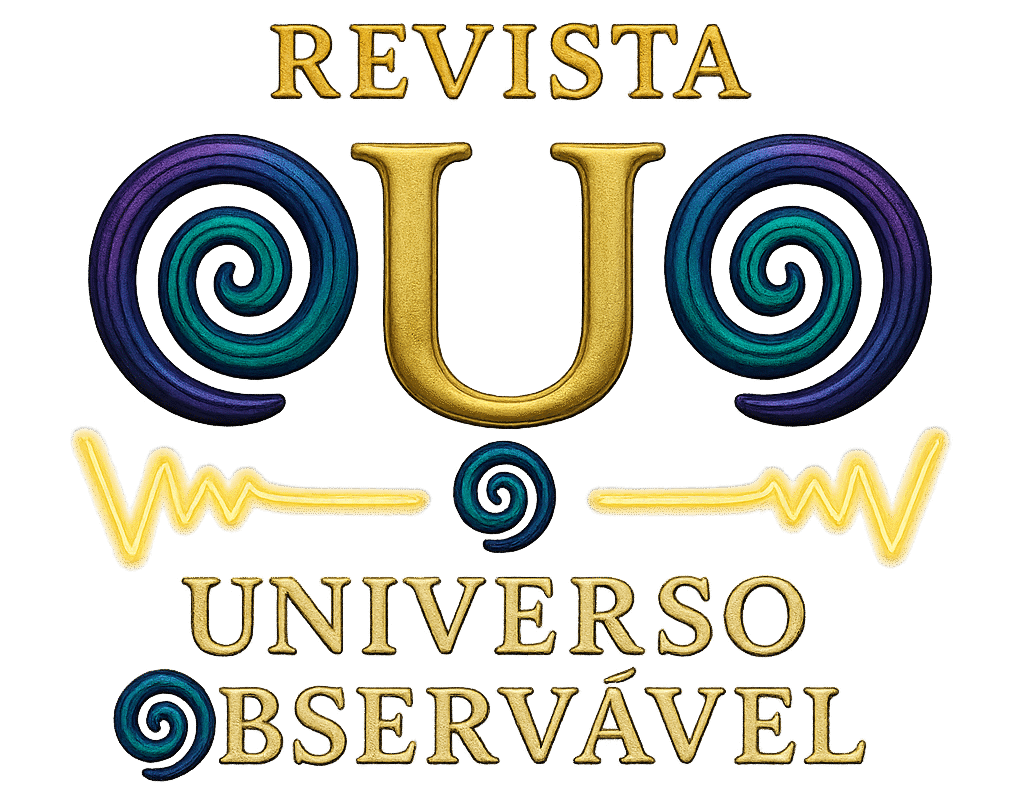ISSN: 2966-0599
v.1, n.7, 2024 (Novembro)
METADADOS
DOI: 10.5281/zenodo.14052452
Author: Rafaela Oliveira Santos
Biography: Graduada em Pedagogia, pelo Centro Universitário Jorge Amado (2011). Especialista em Psicopedagogia, pela Faculdade Bahiana de Medicina e Saúde Pública (2012). Especialista em Gestão educacional Integrada, Administração, Supervisão, Orientação e Inspeção, pela Faculdade de Vitória (2017). Especialista em Autismo, pela Faculdade de Vitória (2024). Especialista em Educação Especial e Inclusiva pela Faculdade de Vitória (2024). Pós-graduanda em Educação Infantil e Anos Iniciais com Ênfase em Alfabetização, pela Faculdade de Vitória (2024). Aluna Especial do Programa de Pós-Graduação em Educação e Contemporaneidade – PPDEduC, pela Universidade do Estado da Bahia (2024).
E-mail: Rsantos2111@hotmail.com
ORCID: https://orcid.org/0009-0004-7439-8848
ABSTRACT: This article discusses the importance of including young people and adults with Autism Spectrum Disorder (ASD) in vocational training programs offered by non-formal educational institutions. Integrating these individuals into the labor market is essential for promoting a fairer and more inclusive society. The analysis is based on a narrative literature review, aiming to provide an updated overview of the topic. The study utilizes Vygotsky’s educational theories, which emphasize social interaction as crucial for cognitive development, and underscores the need for pedagogical methodologies tailored to the needs of students with ASD. Although there have been legal advancements, such as the Brazilian Inclusion Law for Persons with Disabilities, significant challenges remain, including the lack of structured programs and data on workforce inclusion. The article suggests that companies need to recognize the unique abilities of individuals with ASD, adapting work environments to foster their social and economic inclusion.
Keywords: Autism Spectrum Disorder (ASD). Vocational Education. Youth and Adult Education.

